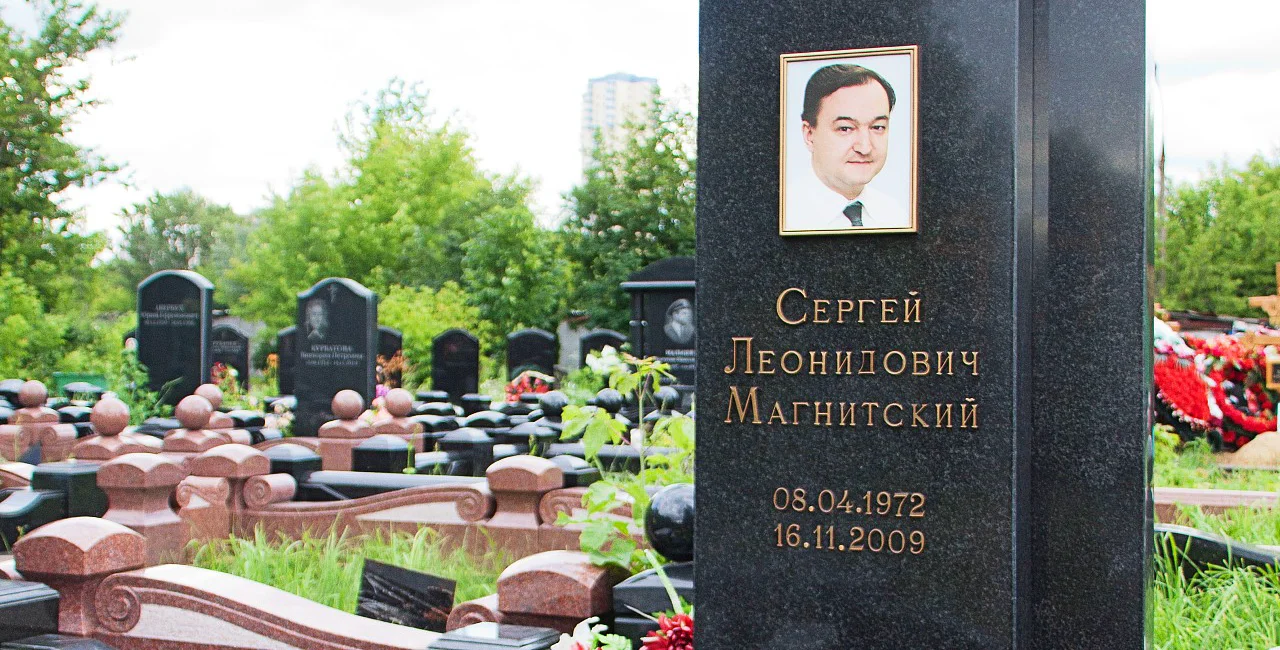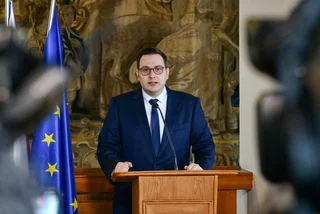The Chamber of Deputies, the lower house of the Czech parliament, have passed a sanctions bill against foreign individuals and companies that commit unlawful acts, allowing the Czech state to impose a ban on their entry and stay or freeze their assets.
The law, known internationally as the "Magnitsky Act," would also make it possible to impose restrictions on organizations and regimes that are violating human rights and using terrorist tactics and cyber attacks.
The bill, under which additional penalties beyond those on the EU sanction list can be assigned, will now be passed on to the Senate, the upper house of the Czech parliament.
The bill was supported in the Chamber by 112 out of 130 present MPs, with no MPs voting against it. The opposition Freedom and Democracy (SPD) members abstained from the vote along with senior members of the opposition party ANO.
"I consider this the result of confident foreign policy. I am glad that the bill won broad support and I hope it will become a full-fledged part of the foreign policy after it is dealt with in the Senate and passes through Prague Castle,“ Foreign Minister Jan Lipavský (Pirates) told journalists Friday.
The bill empowers the government to decide whether to put an individual or a company on the sanction list based on the Foreign Ministry's suggestion. Objections to any sections would be sent to the ministry to rule on.
The lower house also specified which acts would be punishable in accordance with the sanction law as well as added revisions that ensure that individuals and companies are put on the list justly. The foreign ministry will establish a section for sanctions in January.
Anyone put on the sanction list would be able to defend themselves in court.
The lower house also agreed Friday to shorten the period the government has for reviewing the decision to put someone on a sanction list to 30 days per the request of the legal and constitutional committee.
Work on the bill was sped up due to the Russian invasion of Ukraine. In the EU, France, the Netherlands, Latvia, and Estonia have similar laws.
Lipavský said Czechia's sanctioning regime will rely on EU legislation. Talks on sanction measures on the European level will be a priority, he said.
Za nÄ›které vÄ›ci stojà bojovat. Dnes @snemovna schválila mnou navrhovaný sankÄnà zákon, tzv. Magnitského zákon, který nynà mÃřà do @senatCZ. 🇨🇿 tak bude mÃt nástroj proti vÅ¡em, kteřà poruÅ¡ujà lidská práva, podporujà terorismus Äi se podÃlejà na kyberútocÃch. @PiratskaStrana
— Jan Lipavský (@JanLipavsky) October 14, 2022
"If we do not succeed in the EU, we may adopt measures of our own. At the same time, we need to wait for the EU if we recognize that the interest is strong enough," he said.
The Magnitsky Rule of Law Accountability Act of 2012 was established to improve the enforcement of human rights protection.
The U.S. Congress approved the Magnitsky Act under then-president Barack Obama who signed it in December 2012. It bans the Russian representatives involved in human rights infringement and those who might have contributed to Magnitsky's death from entering the country.
The act is named for Russian tax lawyer Sergei Magnitsky who died in a Moscow prison in 2009. He was arrested and charged with committing tax fraud in 2008 after having investigated an extensive fraud involving Russian police and judicial officials.
Magnitsky was hired in Russia by Bill Browder, a prominent British-American financier working extensively in Russia after the collapse of the Soviet Union. Browder, who was sentenced to nine years in absentia in Moscow for tax evasion in 2013, published the case and lobbied among American officials to pass legislation sanctioning Russian individuals involved in corruption.
He led the campaign targeting those involved in Magnitsky's death.
According to Adam Keith, director for accountability at Human Rights First global Magnitsky provisions are a major tool for ensuring accountability for violators.
“Global Magnitsky sanctions are a major innovation that helps ensure perpetrators of the worst abuses face real consequences,” said Keith.












 Reading time: 3 minutes
Reading time: 3 minutes 
































